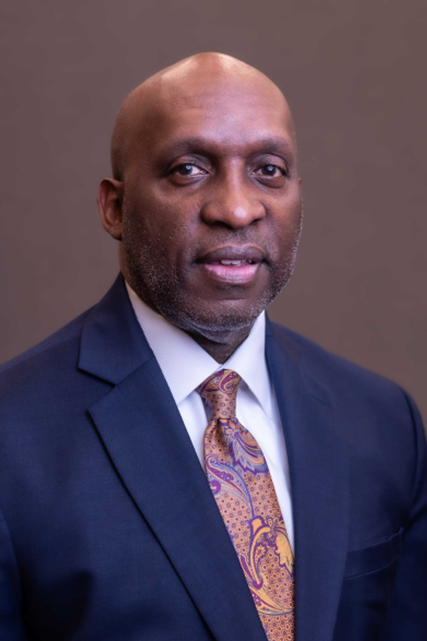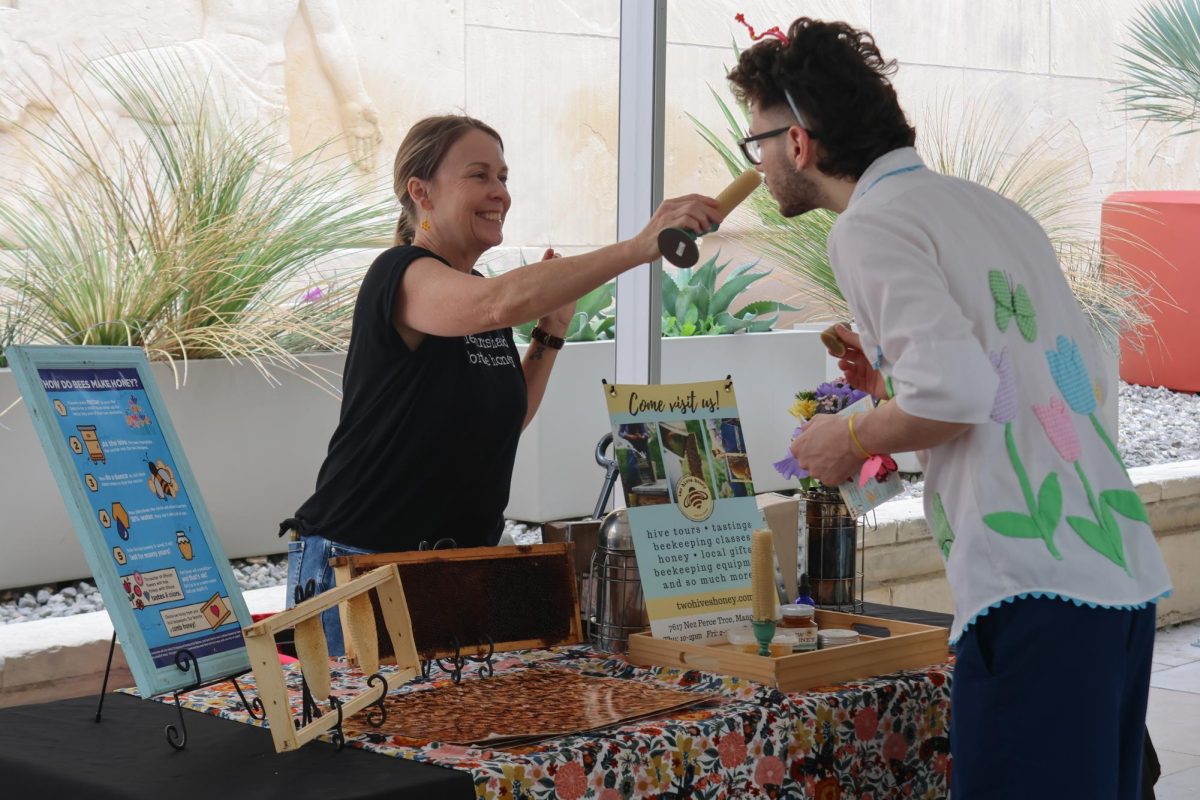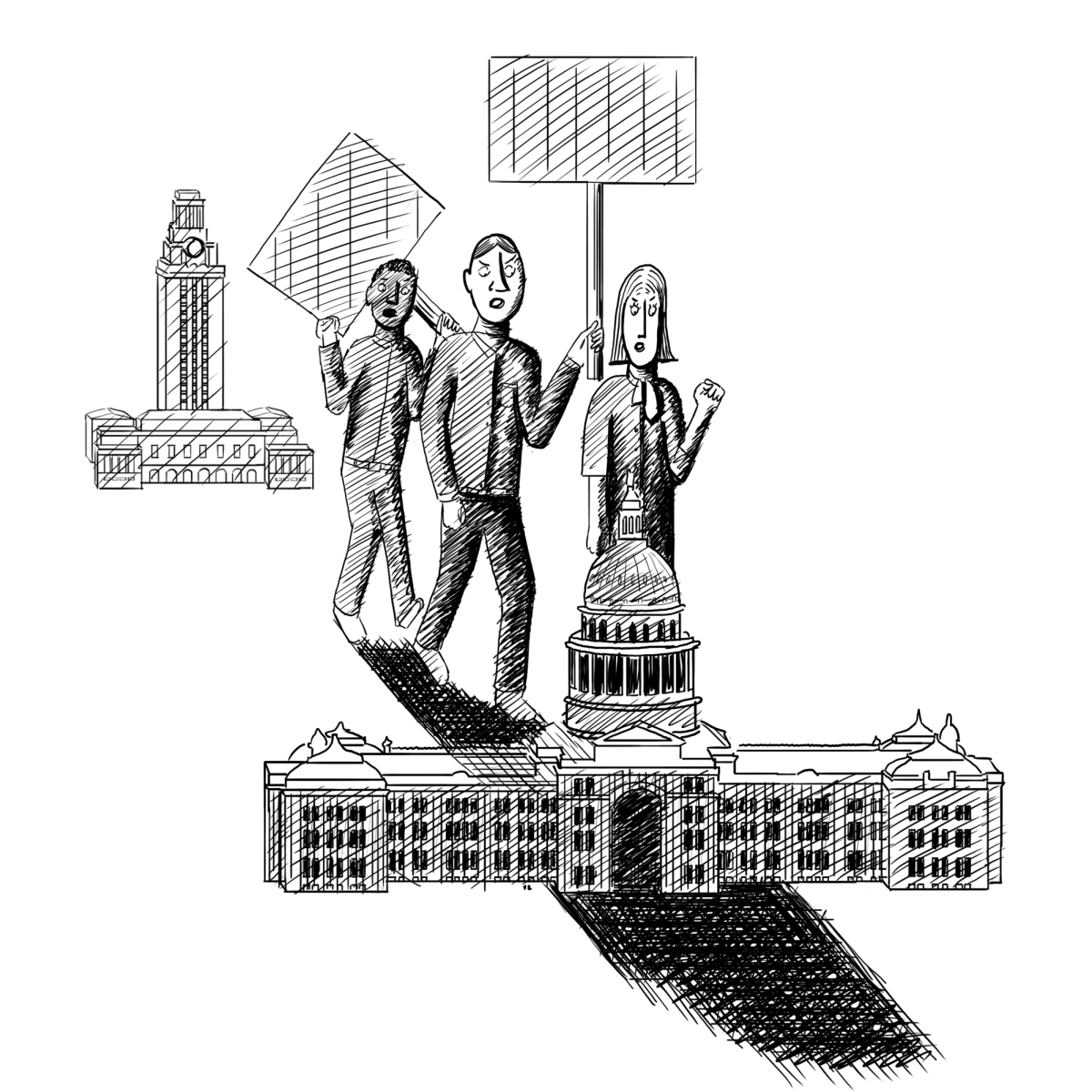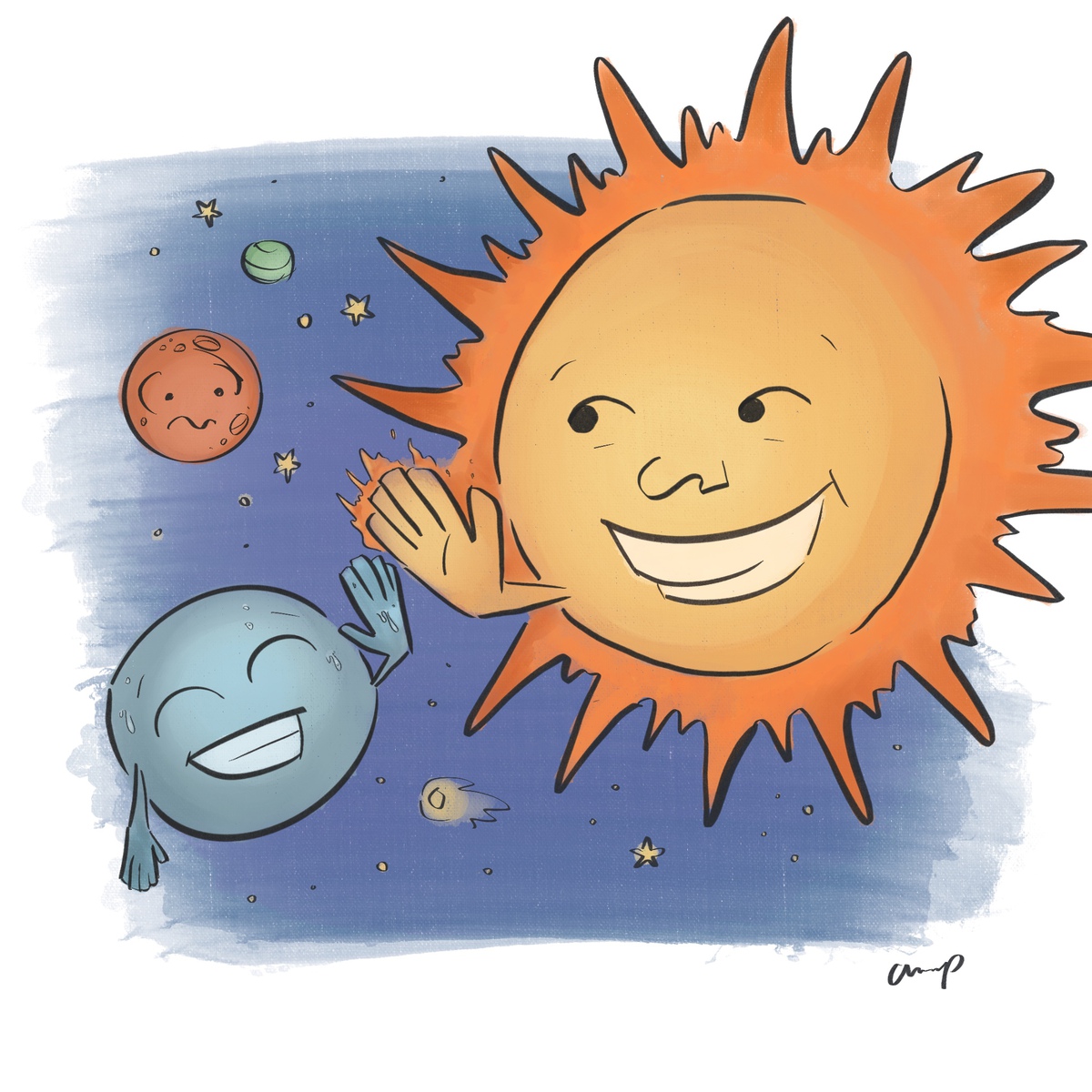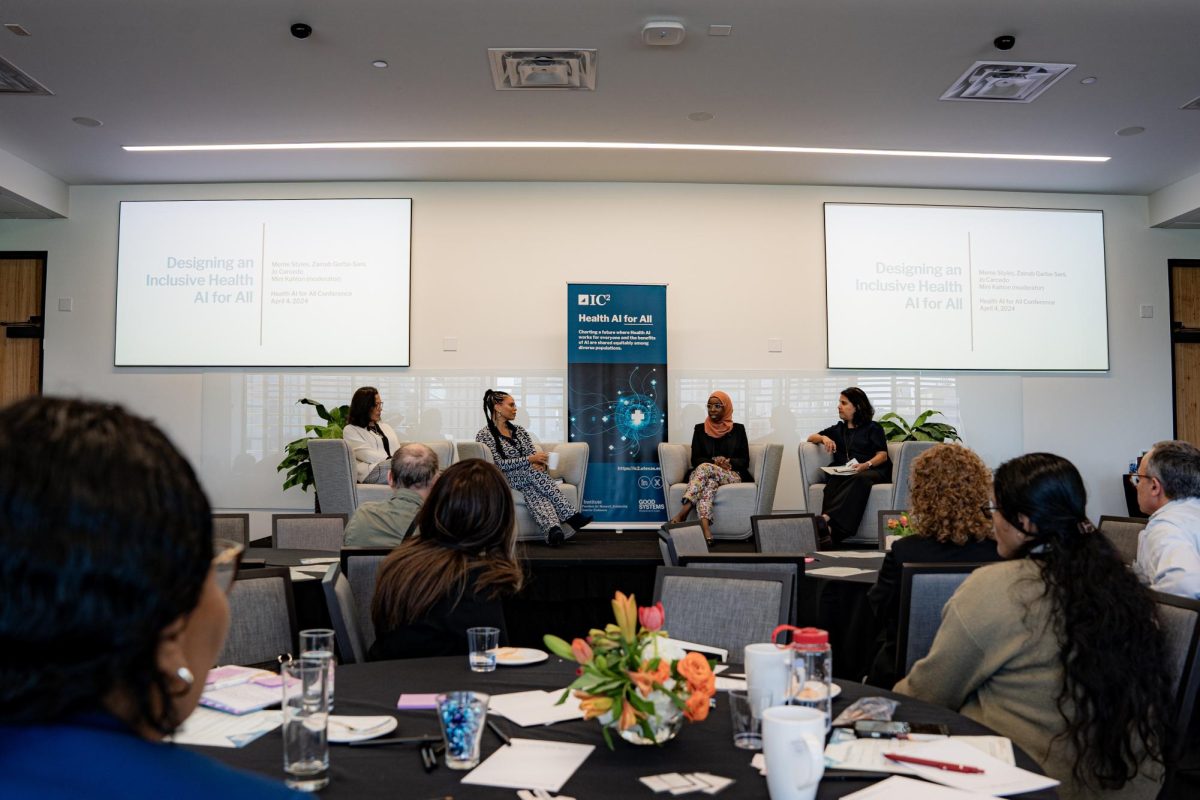UT students may need more than just a degree to be successful in the workplace, according to a recently published book by a UT professor.
Beauty Pays, released on Monday and authored by economics professor Daniel Hamermesh, is a study on the effect of a person’s physical appearance in the workplace. According to the book, after adjusting for educational differences, beautiful people make 5 percent more money than their average looking coworkers and are likely to make between 10 and 12 percent more than their worst looking coworkers.
Hamermesh saw another project on the subject 20 years ago and was inspired to pursue serious economic research on the topic, he said.
“The book notes that beauty is inherently scarce and is thus a fit topic for thinking economically since economics deal with scarcity,” he said.
After writing seven scholarly papers on the subject, Hamermesh said he felt it was time to make his research public. The book also contains the research of many other economists who have done work in the area, he said.
The book uses ratings from interviewers or from pictures to determine who is or isn’t beautiful, Hamermesh said. While the rating of beauty is largely subjective, most people tend to view other’s looks in a similar way, he said.
“If you think somebody is good looking, the odds are that most other people will feel the same way about him or her,” Hamermesh said. “If you think a person is ugly, most onlookers would agree.”
The book discusses why beauty affects how well we do in the work place and in other parts of life, what “beauty” means in the workplace, how each sex is affected, whether the trend is a form of discrimination and other factors related to the issue.
“Beauty affects outcomes on jobs, in dating and marriage, and in lending — essentially in any market,” he said. “It affects how happy we are, too.”
Biology freshman Stephanie Jacobs said she thinks beautiful people may have better luck getting hired for certain jobs because they seem more confident.
“People like to see perfection,” she said. “It could make bosses feel as though certain candidates will have a more successful time in the workplace.”
Although Jacobs said she does not think this is fair, those who are not viewed as beautiful should use other resources available to them so they can help narrow the gap in success, she said.
A beautiful appearance does provide an advantage over less attractive people when getting hired, while in the workplace and in other parts of life, said radio-television-film sophomore Areli Casiano.
“Success should be determined by the potential people have,” Casiano said. “A person has a lot more than their appearance.”






